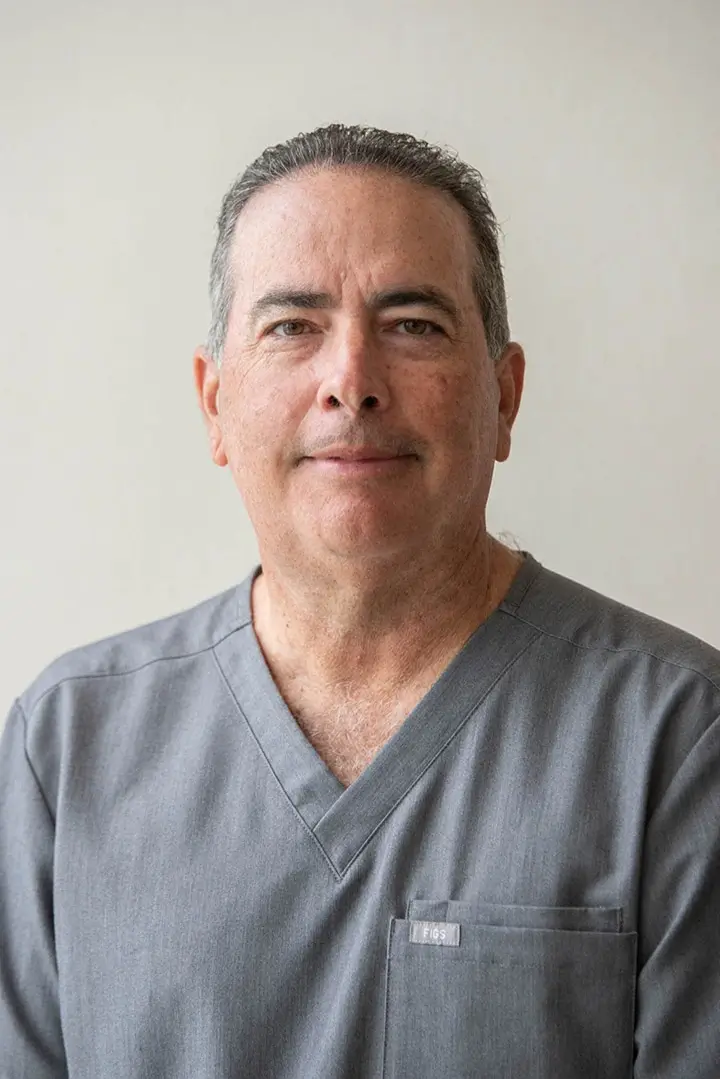In sharp contrast to the regulatory setbacks experience in other nations, such as the U.S., India offers a commercially and legally attractive environment for adult stem cell entrepreneurs.
At last count, at least 15 new firms are scheduled to enter the Indian market, and 4 already existing firms are planning major expansion. In the latter category are Reliance Life Sciences, LifeCell International, Regenerative Medical Services, and Cryo-Save India. Though each of these companies is already supplying cell cultures to select hospitals, they are all planning even further expansion.
According to the Indian Council for Medical Research (ICMR), the 15 new firms who are scheduled to enter India’s market include private commercial ventures as well as academic research institutions. Additionally, a number of organizations are conducting clinical trials with adult stem cells in India, including but not limited to Stempeutics, the LV Prasad Eye Institute, the Nichi-In Centre for Regenerative Medicine, the Centre for Cellular and Molecular Biology, the National Centre for Cell Science, and Manipal Hospital in Bangalore, among others. According to the ICMR, at least 60 adult stem cell clinical trials are currently underway in India, most of which involve autologous (in which the donor and recipient are the same person) adult stem cells, and all of which are approved by the Drug Controller General of India. The entire field of adult stem cell therapy has enjoyed a new boost in India as a result of the recent decision by the Indian government to allow the patenting of micro-organisms and related laboratory processes.
According to Mayur Abhaya, executive director of LifeCell International, based in Chennai, the greatest therapeutic value thus far has been found in the type of adult stem cell known as mesenchymal stem cells (MSCs), which are already being used by doctors in hospitals in India to treat a wide variety of ailments, which include diabetes, heart disease, stroke, arthritis, multiple sclerosis, spinal cord injury, and blood disorders, to name a few.
LifeCell, which is currently the leading company in India for the storage of umbilical cord blood stem cells, has already banked cord-blood-derived stem cells for more than 12,000 clients. The company, which is also collaborating with Cryo-Cell in the U.S., is now planning to expand into the collection and storage of adult stem cells derived from bone marrow aspirate. Additionally, LifeCell has also begun clinical trials with Harvest Therapeutics in the treatment of critical limb ischemia with adult stem cells, and is planning further expansion into the storage of menstrual blood, now known to be a rich source of highly potent adult stem cells. As Mayur Abhaya further explains, "A few more clinical trials are being planned in other disease settings, apart from the proposed collaboration with Cryo-Cell to launch the menstrual blood stem cell banking service in India."
With a population of approximately 1.2 billion people, India ranks as the second most populous nation on earth, and the world’s most populous democracy. Second only to China, whose population is estimated at 1.3 billion people, India actually offers a larger and freer commercial market than can be found in China, which is still formally Communist and is therefore still highly restricted in the nature and extent of its commerce. It is hardly surprising, therefore, that entrepreneurs of all types eventually cast a serious eye toward India. Especially with the outdated federal regulatory laws that still govern medical research in other countries, such as the U.S., it is only logical and to be expected that adult stem cell companies would discover in India a welcoming atmosphere in which they are able to thrive.

